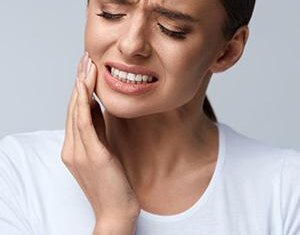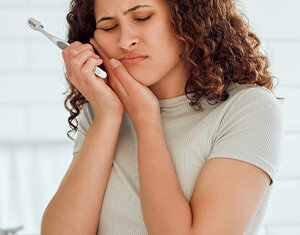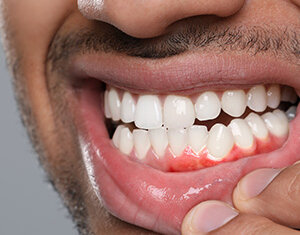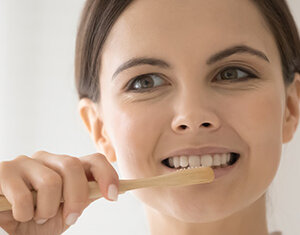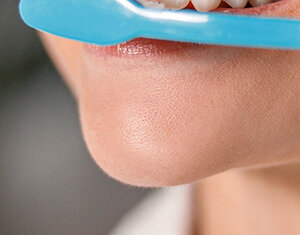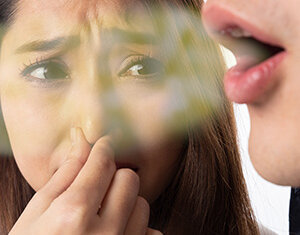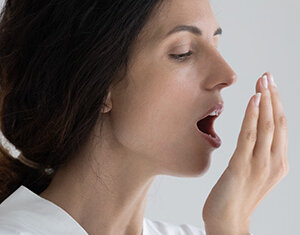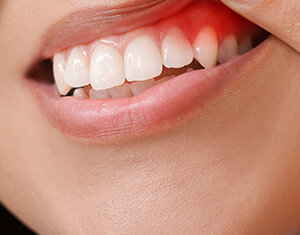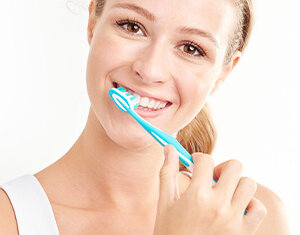Blog
Oral Hygiene: Best Practices for Healthy Teeth & Gums
Oral Care

Keeping the mouth, teeth, and gums healthy needs regular practising of good oral hygiene. Dental issues like gum disease, tooth decay, bad breath, and even tooth loss is the result of poor oral hygiene. So, let's discuss all about oral hygiene and best practices in detail.
What is Oral Hygiene?
Maintaining a clean, bacterial-free mouth, teeth, and gums is known as oral hygiene. It is crucial for general health because bad dental hygiene can cause a host of other health issues as well. Regular brushing, flossing, and dental check-ups and cleanings are all oral hygiene purposes.
Best Practices for Healthy Teeth and Gums
-
Avoid Sugary Foods and Drinks
Do you ever feel rough or fuzzy teeth? If so, it's possible that you're still leaving dental plaque on the teeth. The reason is sugar is a favourite food of plaque, which uses it to make acid that causes cavities. Plaque on the teeth can be particularly noticeable after consuming sugary meals.
Because many items that we consider to be "healthy" are actually bad for our teeth, it's crucial to read the labels when we shop. Yoghourt tastes, for instance, sometimes contain a high sugar content. Similarly, sports drinks can have higher sugar content than one might imagine. It will be simpler for you to prevent oral health problems if you limit sugary foods and beverages.
-
Use a fluoride toothpaste.
There are more factors to consider than just flavours and whitening power when choosing toothpaste. Whichever form you select, be sure you get fluoride in it.
Fluoride toothpaste is essential for maintaining good dental health, despite concerns about its effects on other aspects of health have drawn attention to it. This is so because one of the best defences against tooth decay is fluoride. It functions by battling microorganisms that cause tooth decay and shielding your teeth from harm.
-
Set up visits to the dentist regularly.
Make an investment in routine dental visits. If you have any concerns about your dental hygiene, see a dentist that you feel comfortable and confident with. So, make a note in your calendar to give yourself a call a few times a year to arrange your meeting.
-
Avoid Smoking, Chewing Tobacco, & Alcohol
One of the worst habits you may have for your oral health is smoking. Smoking contributes to gum disease, tooth loss, tooth discolouration, plaque and tartar accumulation, and oral cancer. Additionally, it hinders the healing process of mouth injuries.
Alcohol consumption can be just as harmful to your dental health as tobacco usage. Because alcohol dries out your mouth, less saliva is produced, which feeds germs and plaque. Too much alcohol is acidic and sugary, which causes dental rot and, ultimately, tooth loss. Regular drinkers have an increased risk of mouth cancer compared to non-drinkers.
-
Treat flossing as important as brushing.
Flossing helps in removing plaque and waste food particles in between your teeth, where your toothbrush cannot reach. That's why it is essential to floss at least once a day, preferably before bedtime.
-
Keep your teeth safe.
The value of your teeth is infinite. Never use them for anything that a pair of scissors can do. Even though it could be tempting to use your teeth for sensible tasks like cracking open sauce packets or even biting on a pen cap to help you focus, these habits can damage or even wear down your teeth over time. Tooth chipping or shattering is a common result of this usage.
-
Eat a balanced diet.
A healthy diet that is low in sugar and high in nutrients is important for maintaining good oral hygiene. So, limit sugary and acidic foods and drinks, as they can damage your teeth.
The Bottom Line
Taking care of your oral hygiene is very essential for maintaining a bright and healthy smile. By following these oral hygiene procedures, you can prevent dental problems and promote overall health. Remember to brush with toothpaste like Dabur Meswak and floss daily, use mouthwash, visit the dentist regularly, and maintain a balanced diet for the optimal purpose of oral hygiene. If you have any further questions or concerns, consult your dentist for personalised advice.
FAQs
-
Is it necessary to floss if I brush regularly?
Yes, brushing alone cannot remove all plaque and food particles from between your teeth. Flossing is vital to maintain good oral hygiene.
-
How often should I visit the doctor or dentist?
It is advised to visit the dentist every six months for a check-up and cleaning. However, if you have any dental issues, it is best to schedule an appointment as soon as possible.
-
How can I prevent bad breath?
Regular brushing, flossing, and using the best mouthwash helps in preventing bad breath by removing bacteria that cause bad breath. It is also essential to maintain a healthy diet and visit the dentist regularly to clean the teeth.









